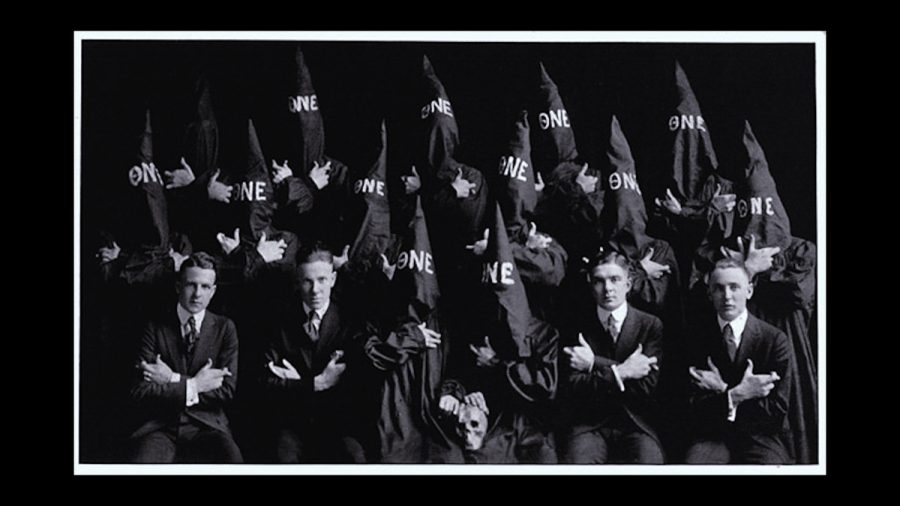Students Should Watch the Machine Documentary
August 31, 2022
On Aug. 27, Becky Beamer unveiled her new documentary, “Machine: Vivat Apparatus,” at the Sidewalk Film Festival. Seven years in the making, Beamer’s documentary outlines the history of the Machine, a secret group of certain fraternities and sororities at The University of Alabama designed to influence campus and local politics.
The Machine has gained notoriety for several controversies over the years. As an all-white coalition, they prevented integrating the Greek system until 2013, a record that appeases no one but former Gov. George Wallace. They waited until 2017 to back a Black candidate running for SGA president.
As if racism wasn’t enough, the Machine is privy to rigging campus and local elections. Then there’s the history of cross burning, threats, arson, assaults, burglary, vandalism and boycotts of local businesses. Despite these public scandals, the Machine continues to operate behind the shadows.
Beamer’s documentary pulls back the curtains. It covers the 1989 SGA presidential election that led to the boycotting of Bama Bino’s pizza joint, the 2013 Tuscaloosa School Board election between Kelly Horwitz and Cason Kirby that was brought to the Alabama Supreme Court for voter fraud charges, and several other significant moments in the Machine’s history.
It also features interviews from some of the most prevalent names surrounding the Machine including Cleo Thomas, the first Black independent SGA president, and Jared Hunter, the first Black SGA president backed by the Machine. There’s also Alabama Secretary of State John Merrill, who was an independent SGA president, along with Machine whistleblowers and many others.
Beamer’s documentary is especially relevant to students at The University of Alabama as they navigate campus. Every student can benefit from knowing the stories that are told in the documentary and learning from some of the biggest players surrounding the Machine.
With such crucial information, Beamer’s documentary should be seen by students.
“As a documentarian and journalist I work on projects that are, I believe, of consequence to the public. This includes students,” Beamer said. Exposing more individuals to the Machine’s influence creates a more knowledgeable student body that can fight it.
Since the film came out, the University has not responded to requests for comments or spoken directly with Beamer. It is up to student organizations to facilitate student engagement with this documentary.
The University of Alabama System has passed a Resolution Recognizing Commitment to Freedom of Speech and Expression, but student organizations must arrange these events through The Source.
In 1991, the Office of Student Life recognized the Machine and began forming policies surrounding the Machine. That mission has since fallen on the back-burner, but displaying Beamer’s documentary could signal a renewed effort to curtail the Machine and support all students.
The University of Alabama has been on the restrictive end of previous free speech debates, but there are a number of state laws designed to help students. The FORUM Act targets speaker selection, free speech zones and protection against disruptive material. Groups like the Alliance Defending Freedom have taken on cases at The University of Alabama to ensure that administrators are consistent with state law.
“I think it’s important to show the film on campus. I’m confident that the UA students can make it happen. You know how to reach me,” Beamer said.
She can be contacted at BeckyBeamer@gmail.com.








